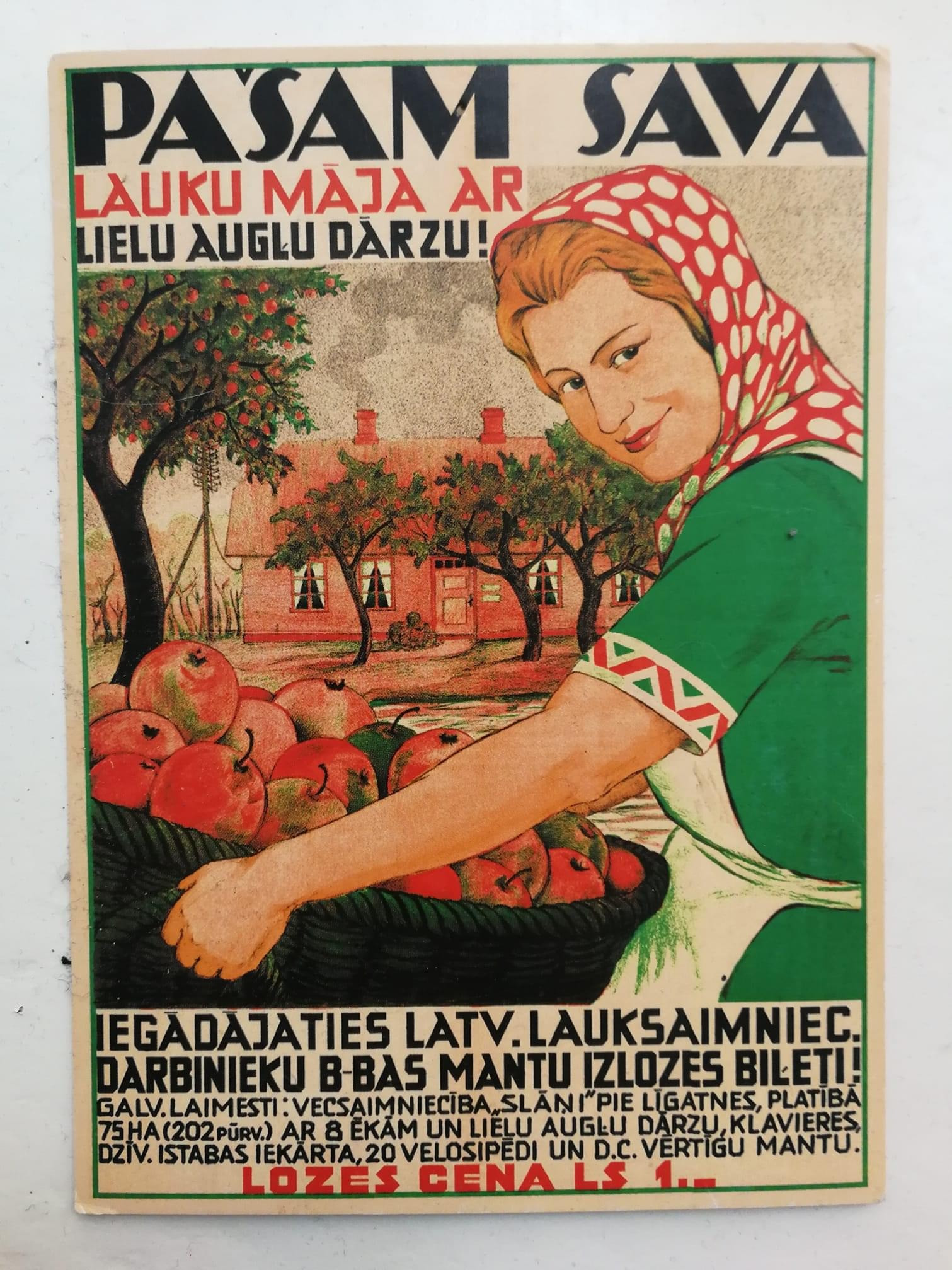Sharing among family members, friends, neighbours and colleagues

In amateur gardening and livestock farming, an occasional or seasonal overabundance of produce is inevitable. In the Latvian context, not unlike other post-socialist states, the free sharing of surplus is still a common practice and rooted in a long history of auto-production. Sharing is not limited to family members, but includes a wider network of colleagues, friends, and neighbours. This tradition partly stems out of a sense of solidarity and dates back to times of Soviet occupation when food and other resources were scarce, and family members of different generations had to actively support each other. While today, sharing is no longer a bare necessity, interviews carried out as part of the Urbanising in Place project show that people find joy in offering others self-grown food, and feel pride for their own accomplishment. And even those in need do not hesitate sharing the surplus of their self-grown produce.
These practices are often not considered within sustainable food planning initiatives. Individuals and communities involved in informal practices of food sharing are not campaigning around such practices. Local farmers engaged in direct selling initiatives tend to replace informal traditions of sharing. Can we imagine urban food policies in which self-growing and sharing practices would be celebrated and valorized?